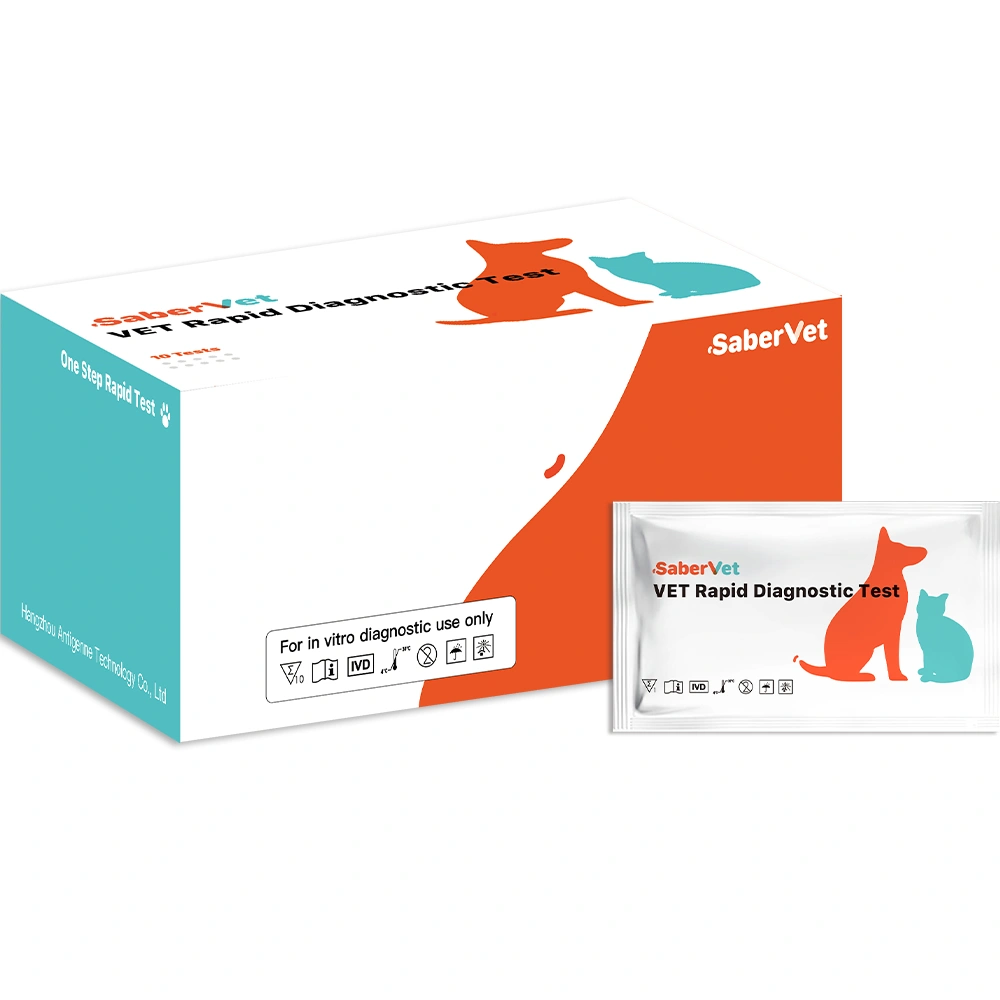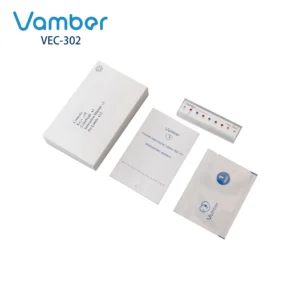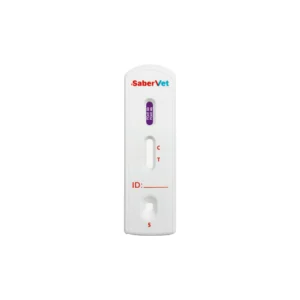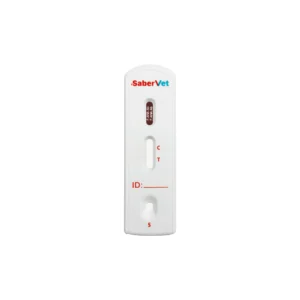Beschreibung
The blood type of cats is divided into three categories: A, B and AB. Detecting the blood type of cats is important for the safety of blood transfusion, prevention of haemolytic disease in newborns and reproduction in cats.
Classification of Cat Blood Types
AB blood group system:
Type A: most common, most cats belong to type A.
Type B: relatively rare, more common in some specific breeds such as the English Shorthair and Devon Curly Cat.
Type AB: very rare, containing A and B antigens.
Mik blood group system:
Mik positive: most cats are Mik positive.
Mik negative: a few cats are Mik negative.
Inheritance of Cat Blood Types
The AB blood group system in cats is controlled by a pair of genes, which are classified as A, B and AB.
Type A: Determined by dominant inheritance of the A gene, i.e. AA or AB genotype.
Type B: determined by recessive inheritance of the B gene, i.e. the BB genotype.
Type AB: determined by the co-dominant inheritance of the AB gene, i.e. the AB genotype.
Cat blood group antibodies
Natural antibodies:
Type A cats: a small amount of anti-B antibodies may be present.
Type B cats: high titres of anti-A antibodies are naturally present.
Type AB cats: usually do not produce anti-A or anti-B antibodies.
Homologous immune antibodies:
Cats do not immediately produce large amounts of antibodies during the first transfusion, but an acute haemolytic reaction may occur during the second transfusion.
Role and significance of testing cat blood type
Safety of blood transfusion:
Determine the blood type of the donor cat and the recipient cat to avoid transfusion reactions.
Prevention of haemolytic disease in newborns:
Detect the blood type of female cats and male cats to prevent mating of type B female cats with type A or AB male cats resulting in neonatal haemolysis.
Promptly identify and manage neonatal haemolysis to prevent serious health problems and death.
Breeding strategy:
Determine the blood type of breeding cats to avoid producing offspring carrying undesirable genes.
Optimise breeding programmes to prevent health problems caused by incompatible blood group pairings.
Testmethoden
Blood type card test:
Using a blood type card, the blood type is determined by observing how the blood reacts with specific antigens.
Agglutination Reaction Test:
A sample of cat blood is mixed with known anti-A, anti-B and anti-Mik antibodies and observed for agglutination reactions.
Molecular biology testing:
Detects cat blood genotype using techniques such as PCR.
Feline Blutgruppen-Schnelltest
Antigenne has developed a Feline Blood Typing Rapid Test that accurately detects the blood type of cats and provides users with assistance in refining basic cat information.








